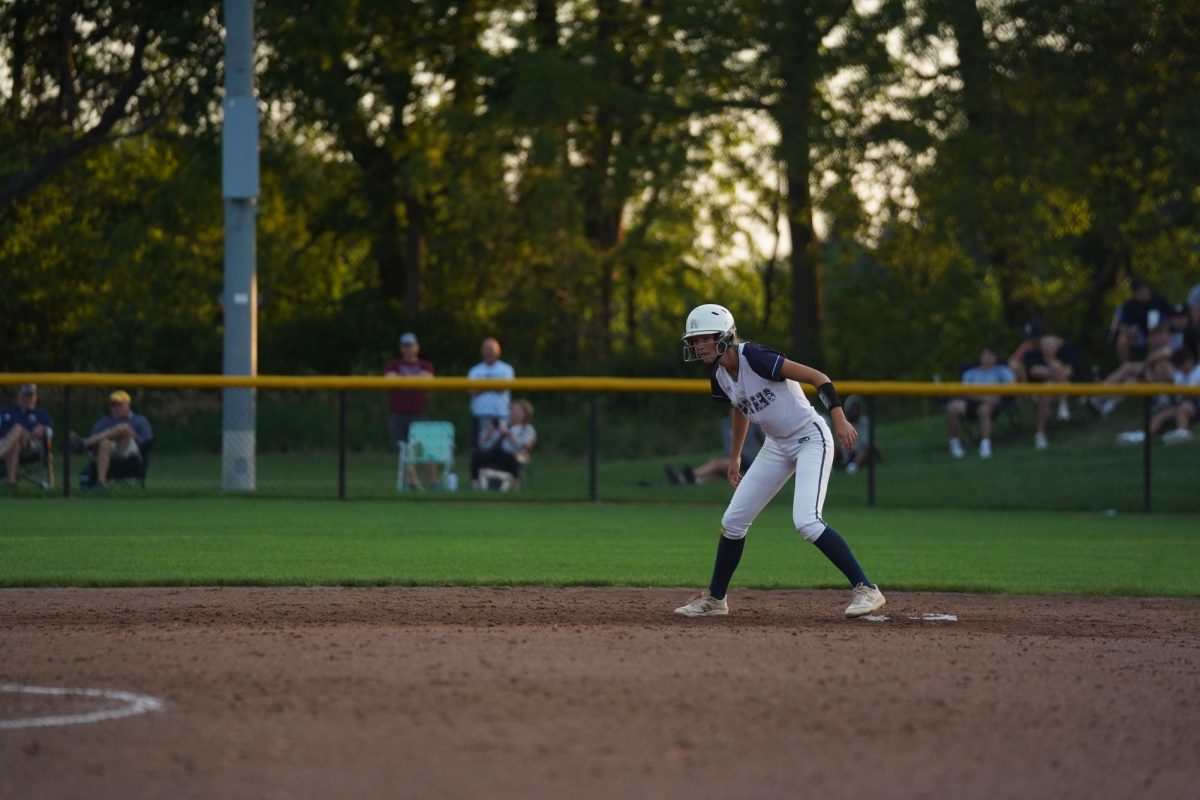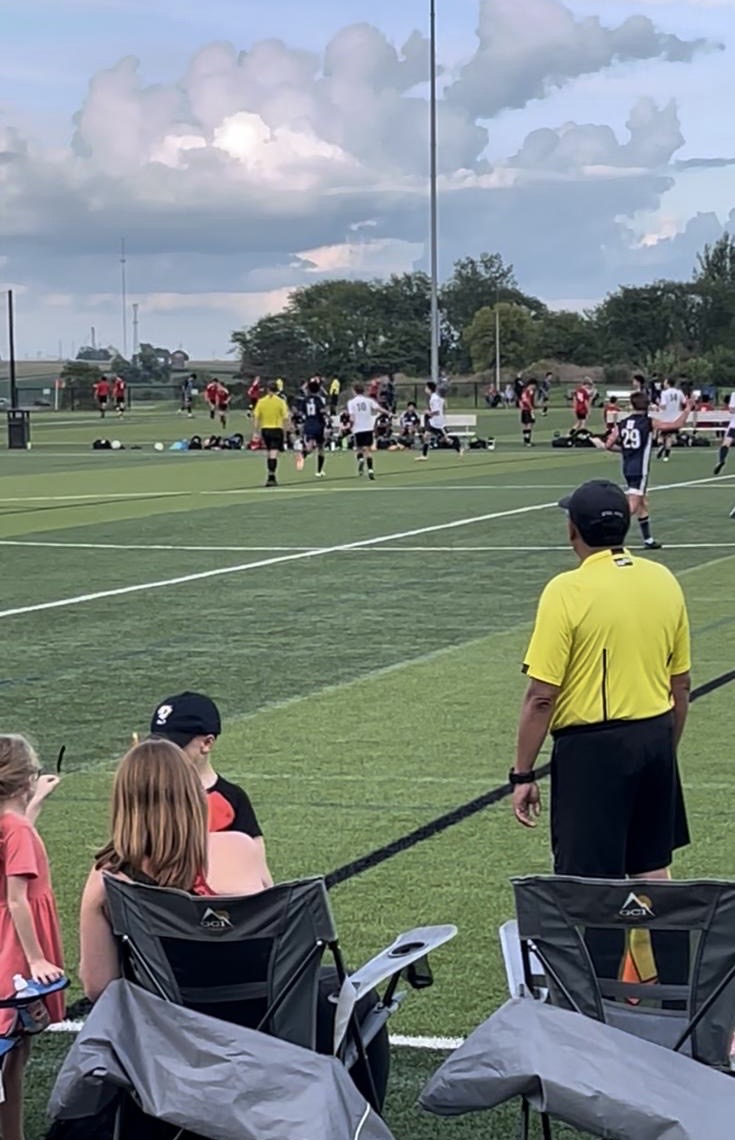
Since 2017, the “Me Too” movement has been a prominent social cause around the world, working towards ending sexual abuse and violence. In 2018, the movement amplified the voices of the US Women’s Gymnastics team as they spoke up about the sexual abuse they had suffered. Since then, the focus on sexual abuse in professional sports has expanded to other arenas, especially women’s soccer.
On Oct. 5, North Carolina Courage coach Paul Riley was fired after allegations of sexual harrasment, emotional, verbal and sexual abuse surfaced. Riley is the second coach since August to be fired due to misconduct. A report conducted by the league found substantial evidence proving Riley’s inappropriate behaviors involving his players.
Riley’s sickening behavior can be traced all the way back to his prior job as head coach of the Portland Thorns.. In 2015, Riley was let go for being in violation of the team contract, but the team management denied any sort of further investigation,despite the team’s wishes for an investigation.
Player Mana Shim spoke out of her experience that Riley facilitated. Shim stated that Riley often made unwanted sexual advancess, often pressuring her to act under the influence of alcohol, inviting her back to his room for ‘film sessions’ privately and having her sit on his lap.
On top of sexual abuse allegations, reports of emotional, mental and verbal abuse were also brought to light.
All allegations were denied by Riley.
Senior soccer player Libby Kamp claims that it only takes one coach to ruin everything. She has often felt targeted by coaches before,looked at for her appearance rather than her actual skill. “I had one specific coach that sat down the team in number order, and he went down the line publically telling each person each mistake they’d made.” She continued, “He would attribute our mistakes to our height and weight.”
After spending most of her freshman year injured with a knee injury that resulted in surgery, sophomore Abbie Staats began losing her love for soccer due to a coach’s torment. “I never felt valued. I was constantly cast away and told I was a distraction if I would talk to my teammates and friends.” Staats continued, “They never checked in with me, and when I would go to keep them updated on appointments and doctors visits they were more concerned about the fact I would have to miss games or practices.”
The constant mental abuse and obvious lack of concern shown by her coaches became overwhelming. Finally, Staats reached her breaking point. She no longer saw a future for herself in a sport that she had participated in for the majority of her life, and left the team.
Like Kamp and Staats, athletes around the world experience the destructive nature of coaches and their behavior. The North Carolina Courage abuse allegations are a prime example of the many voices of victims that have yet to be heard.
The incident regarding Riley and the NWSL has been defined as a systemic problem within soccertheir sport.
The Courage issued a statement following the removal of Riley, stating, “The Courage commend the strength and bravery of those that have chosen to step forward to share their life experiences.”
As incidences of abuse find their way in the, victims of any sort of abuse, sexual, verbal or mental, are encouraged to speak up in order to put an end to this behavior. By calling out these actions, the next generation of young athletes all over will be saved from coaches like Paul Riley.








